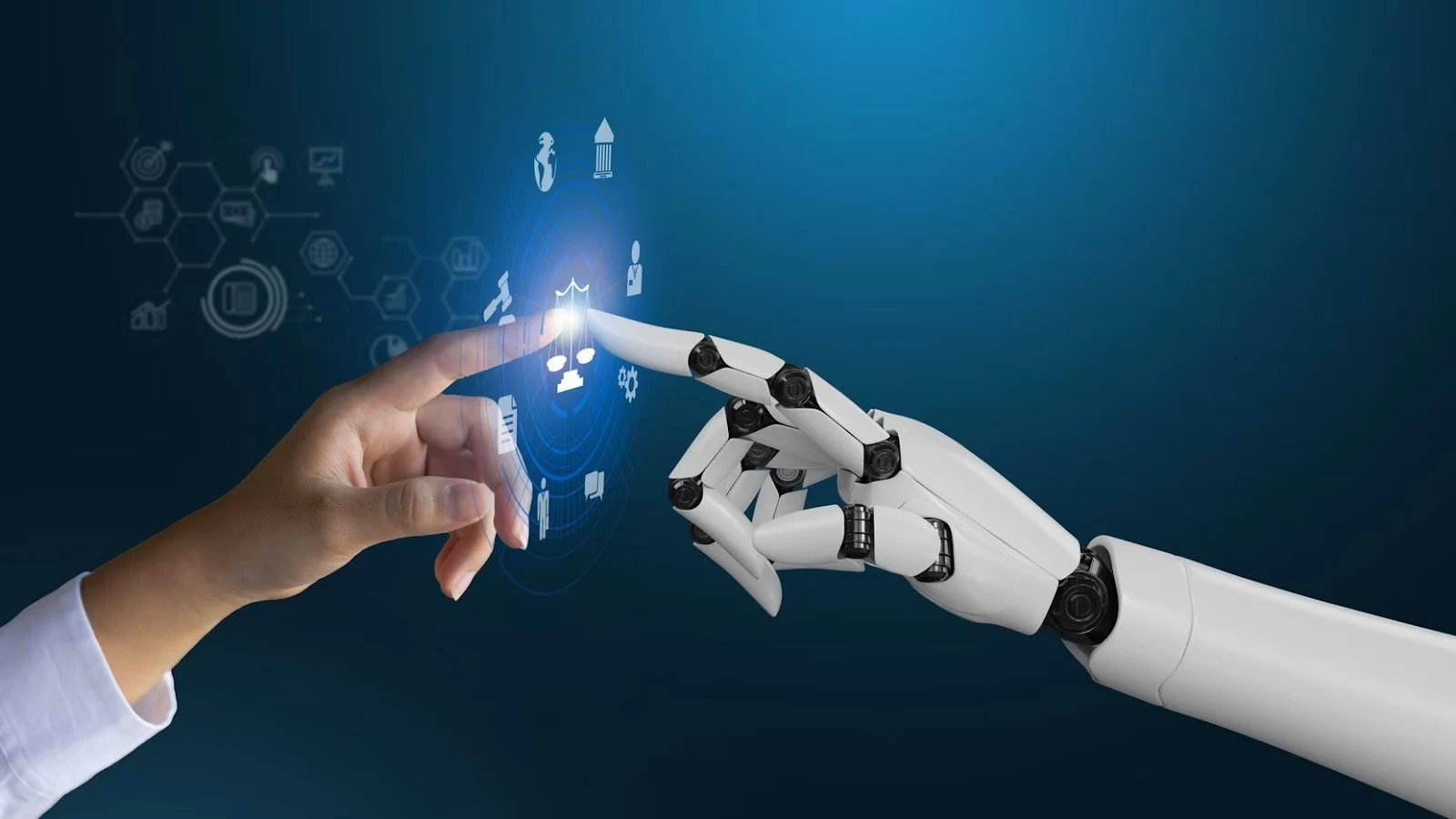
This is an AI generated image created with DALL-E 3 that was included in this research study. Its prompt described typical activities, setting, attire and tools but did not request scientific accuracy.
I have been using AI now for a couple of years to do research quickly to summarise scientific papers and press releases and to edit drafts to correct typos, spelling and grammatical errors and especially to generate images and illustrations. And I have to say, I think it's worth every penny of the subscription fee. However, it does get things wrong sometimes and I've frequently corrected some information or asked it to look again at an image.
Now researchers, Assistant Professor Matthew Magnani of the University of Maine, USA and Professor Jon Clindaniel of the University of Chicago, USA, have used what we know of Neanderthals to demonstrate the gap between AI-generated images and scholarly knowledge of them. The gap can widen or narrow depending on the prompt AI is given. For example, requesting scientific accuracy will produce better results than not asking for it. One of the problems the study highlights is that a great deal of scientific research is inaccessible due to copyright restrictions, before open access began to be widely used in about 2000.
Generative artificial intelligence is often marketed as a kind of universal expert — a machine that can instantly reconstruct the past, summarise scholarship, and conjure convincing images of worlds long gone. But a new study from the University of Maine demonstrates that, when it comes to archaeology and human evolution, the reality is rather less impressive. Far from reflecting the current scientific understanding of our extinct relatives, today’s most popular AI systems often reproduce something closer to the stereotypes and misconceptions of decades ago.
The researchers tested widely used generative tools, including ChatGPT and the image generator DALL-E, by asking them to describe and depict Neanderthals. What they found was striking: even when explicitly prompted for scientifically accurate, expert-level reconstructions, the outputs frequently resembled outdated mid-twentieth-century portrayals — apelike brutes, crude caricatures, and simplistic narratives that modern archaeology has long since abandoned. In effect, the AI was not drawing on the cutting edge of scholarship, but on the cultural sediment of older popular ideas.
The accompanying paper, published in Advances in Archaeological Practice, makes the deeper point that generative AI does not “know” the past in any meaningful sense. It assembles plausible-sounding and plausible-looking content from patterns in its training data — and much of that data reflects what is easily available online, not what is most accurate in the academic literature. The result is a sobering reminder that AI can be a powerful tool, but without careful expert guidance it is just as capable of reinforcing obsolete narratives as it is of illuminating the truth.








